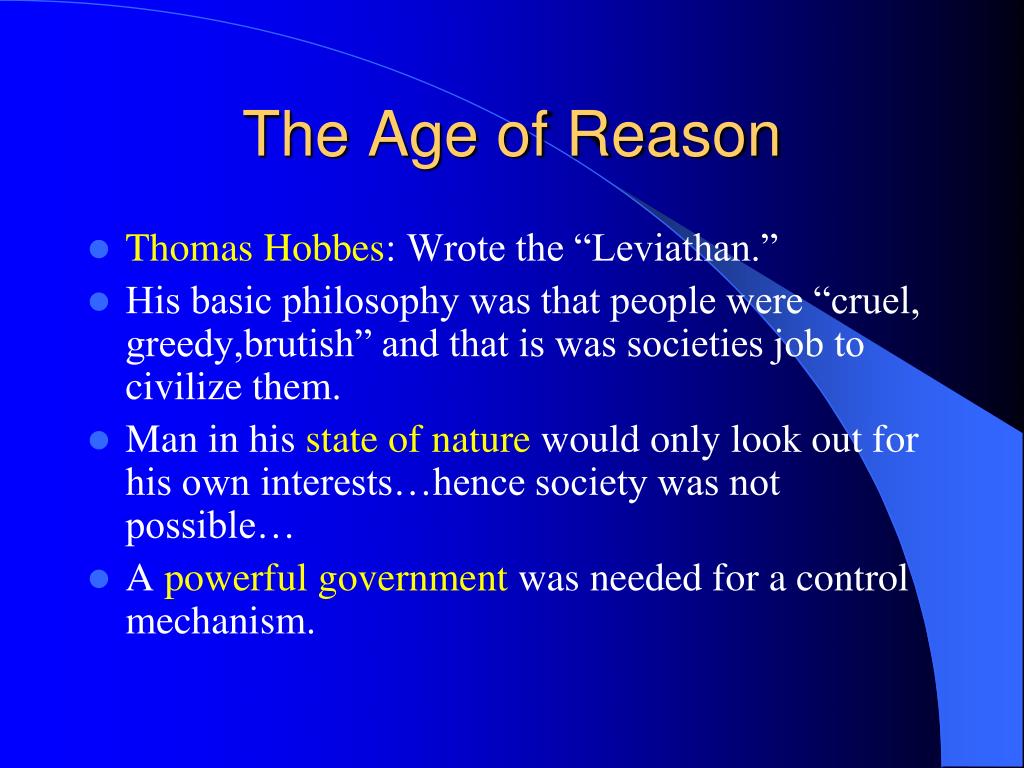

Instead, he visits his mistress of seven years, Marcelle, who lives with her elderly mother. The half-drunk man suggests they head off to wax lyrical in a Parisian café over drinks, but Delarue turns him down (to his immediate regret). This minor incident is important as Delarue is soon to be in considerable financial bother, but his tendency to throw his money away remains a consistent, rather inexplicable habit in the novel. A policeman accuses the drunk of begging, but Delarue defends him based on the lie they were having a proper conversation. The DilemmaĬhapter one begins the trilogy, with Mathieu walking down the Rue Vercingetorix before he’s stopped by a half-drunk man (presumably homeless) eager to fuel his drinking further. These largely make her uptight and, as she hates being touched, this creates awkward situations.Īs she’s Boris’ sister, at some point she’s been introduced to Mathieu who seems to fall for her due to her looks and youth, with the two sharing an odd relationship based on the professor teaching Ivich about high culture. She’s an extremely pretty young lady, but one plagued with all manner of strange anxieties and psychological issues. He is charming, affable, naïve, and romantically fatalistic he values his youth above all else and early in the novel exclaims his intention to commit suicide at 25 so as not to head into mental and physical decline. Boris Serguine is the highly lovable young philosophy student of Mathieu’s who worships his professor.Misanthropic, narcissistic, and aloof, his actions are seemingly based on a desire to disrupt peoples’ lives. A darkly Machiavellian character, his outward acts are often simply foils for devious, open-ended desires. Daniel Sereno is the extremely good looking gay friend of Mathieu, although they don’t appear to get on particularly well.Upon becoming pregnant, she’s clearly in two minds to keep the baby and comes to despise Delarue for wanting to rid it from her life.


Marcelle Duffett is his mistress, a woman uncertain about her position in life and who has seemingly fallen into a convenient routine with Mathieu.Somewhat importantly, it’s established he’s not a particularly good looking man, which appears to thump extra age onto his exterior. An intellectual and socialist, he’s a philosophy teacher at a university in Paris.Īt 34, he’s anti-bourgeoisie, but this personal leaning receives a major blow at the start of the book. The central character is Mathieu Delarue who, quite frankly, you can’t help but presume represents Sartre.
#The age of reason full
They exist to nudge you towards discovering their full attributes, as I deliberately leave out many chapters and happenings – so by reading this review and learning the story, it shouldn’t much spoil your trip through the novel. As always, my reviews comprise about 5,000 words and merely scratch at the surface of a full-scale novel like the Age of Reason. I’ll be taking a detailed look at this trilogy over the coming months and, of course, be warned ahead are numerous spoilers. However, the beauty here is you don’t have to be interested in any of that lot to enjoy the book, which plays out with serious verve and imagination thanks largely to the exceptional group of characters Sartre depicts. I first read the Age of Reason in early 2005 aged 19 and it transformed my view of literature-it’s at once a gripping and brilliant story, but it also deals with Sartre’s complex philosophical concepts. Iron in the Soul concluded the trilogy in 1949, with Sartre abandoning the fourth novel the Last Chance for a variety of reasons (in part due to becoming bored with the limitations of novel writing-he’d made his point and moved on to new projects). Hitler, most certainly, would have burned his novels to the ground had the Axis powers won the war. It was joined immediately by The Reprieve, the writing style of which uses simultaneity as events unfold at the same time, with Sartre considering numerous characters at once as they jostle for position on page.Īs such, the first two books were written when the outcome of the war was uncertain so, as far as I’m aware, the writer didn’t know if his works would ever be published. With its existential themes and mission to examine and expose the nature of personal autonomy, Sartre’s epic Roads to Freedom trilogy was completed in a mighty flurry of activity, with the Age of Reason published in September 1945 shortly after the Nazi occupation of France and World War II ended.


 0 kommentar(er)
0 kommentar(er)
